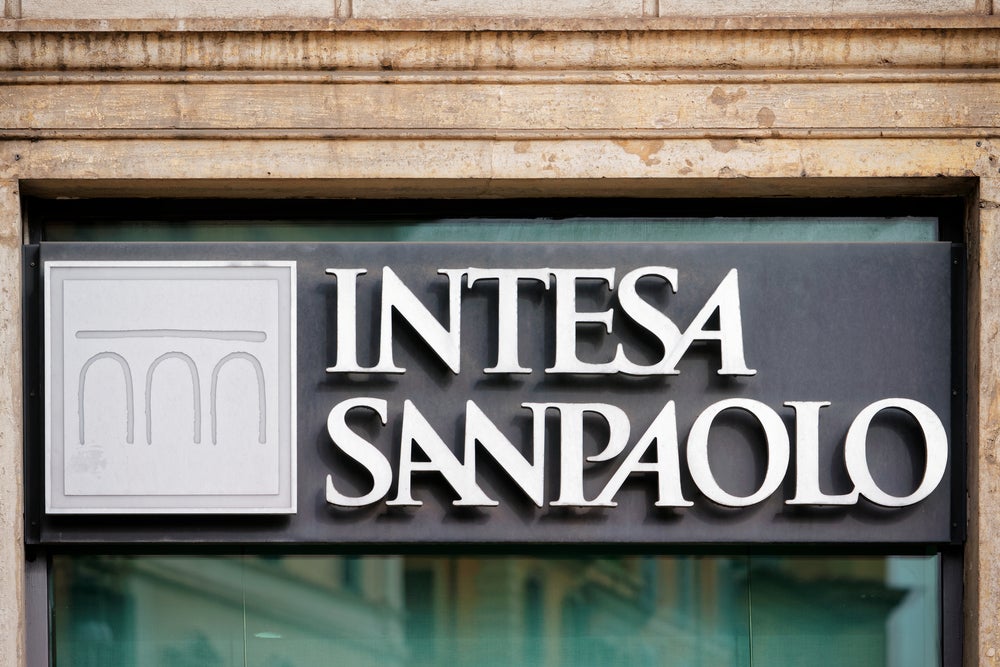called into question the long-term future of structured products,
instruments which until recently had largely overtaken mutual funds
as the private client investment product of choice. Dan
Jones reports.
Wealthy investors have been left reeling by the fall of the 158
year-old investment bank. Lehman Brothers was a significant player
in the structured product market, constructing and guaranteeing
products that were then marketed to clients at a host of private
banks worldwide.
The nature of Lehman’s structured offerings is likely to have
further exacerbated investor difficulties. According to the most
recent data from the Swiss Structured Products Association (SSPA),
over 29,000 structured products were traded on the Swiss Scoach
structured products exchange in the 12 months to August 2008, of
which capital-protected products made up just 1,020, or 3 percent,
of the total.
Yet the SSPA has also revealed that some 46 of the 83 Lehman
Brothers products fielded on Switzerland’s listed derivatives
market were capital-protected. This has led to anger among
investors who had assumed that their money was effectively
safe.
Though the SSPA has said that estimates of total investor losses
relating to Lehman-linked products have been exaggerated by as much
as 50 percent, private banks have moved to reassure and, in some
cases, reimburse clients. Though accepting no legal responsibility,
Credit Suisse has said that it will support and attempt to find
solutions for its clients, particularly those who were heavily
invested in capital-protected Lehman products.
The popularity of retail structured products has meant that retail
investors have also been hit by the fallout. Street protests have
taken place as far afield as Singapore and Madrid. Singaporean bank
DBS has said that it will investigate products related to the
Lehman collapse and reimburse clients in the event of
mis-selling.
How well do you really know your competitors?
Access the most comprehensive Company Profiles on the market, powered by GlobalData. Save hours of research. Gain competitive edge.

Thank you!
Your download email will arrive shortly
Not ready to buy yet? Download a free sample
We are confident about the unique quality of our Company Profiles. However, we want you to make the most beneficial decision for your business, so we offer a free sample that you can download by submitting the below form
By GlobalDataThe Hong Kong Investment Authority has gone a step further, saying
it is conducting 71 individual investigations involving customers
who purchased Lehman products from nine banks in the region.
Legal action is being launched by Deminor, a European investor
rights group, which claims that European banks were “inexact” in
their explanations of clients’ exposure to Lehman via structured
products. Deminor says the banks were in contravention of the EU’s
Markets in Financial Instruments Directive (MiFID).
The climate of fear enveloping the markets has had a similar effect
on wider structured product sentiment: on 13 October Société
Générale was forced to deny suggestions that it had made
significant losses in its own sizeable structured product unit. The
bank described the talk as “malicious rumours”.
SSPA data shows that the likes of Julius Baer, Zurich Cantonal Bank
and Deutsche Bank were among the most heavily involved in the Swiss
structured products market, accounting for over 50 percent of new
issues in August 2008. One indirect beneficiary of the current
furore is UBS. The Swiss bank’s decision to scale back its
investment banking operations in light of recent write-downs means
it does not currently rank as a key player in the structured
product sphere.
Moving forward, it remains unclear as to when, if at all, the
investment appetite for such products will return. Observers have
suggested a modification of the guarantor system – such as
requiring structured products to be backed by government bonds
rather than private companies, as one analyst suggested to PBI. But
the SSPA, which was set up in 2006 and has hitherto seen its market
enjoy a period of concerted growth, remains confident.
“The advantages of responding to market opinion, of risk management
and access to other investment categories, markets and fields will
surely preserve the long-term attraction of structured products,”
the association said in a statement.
HEDGE FUNDS
The saga continues
The Lehman collapse has also hit hard at the hedge fund industry,
already under pressure this year following several months of poor
performance. The future looks increasingly bleak for an industry
that is, furthermore, increasingly being scapegoated by regulators
and mainstream media alike.
Speculation that a significant chunk of the industry was facing
painful margin calls from worried clients was already surfacing
prior to Lehman filing for bankruptcy. That is only likely to have
been magnified by the investment bank’s demise, with big players
such as GLG partners and RAB Capital among the many who have had
their assets frozen by administrators PricewaterhouseCoopers.
Legal action again has a role to play, with RAB saying it will sue
PwC to recover the $50 million of US Treasury bills that it had
deposited with Lehman. But the administrators dealt a further blow
to hedge funds on 15 October with the news that they would continue
to make margin calls despite the assets remaining frozen.
Figures from US organisation Hedge Fund Research (HFR) show that
the average hedge fund has lost 9.4 percent in the first nine
months of the year, with the worsening trend continuing to deepen.
September saw a 4.7 percent fall in the HFR composite index, with
all six categories covered by the index falling on the month.
HFR figures indicate that, despite a 4 percent decline in
September, merger arbitrage remains the best performing strategy in
2008 to date.
Yet this and other strategies are likely to have been severely
impeded by the ban on shorting stocks introduced in the UK, US and
other markets in late September in reaction to a mass media
furore.
Though the US shorting ban has now expired, funds are being
required to stump up ever-increasing amounts of capital when making
trades. Furthermore, despite assumptions to the contrary, extreme
equity market volatility – the VIX volatility fear gauge hit a
record high of 76 on 10 October – is not a positive for the
industry.
So as the great unwind continues, it remains to be seen just how
much of the most leveraged industry of all will be able to weather
the storm.







